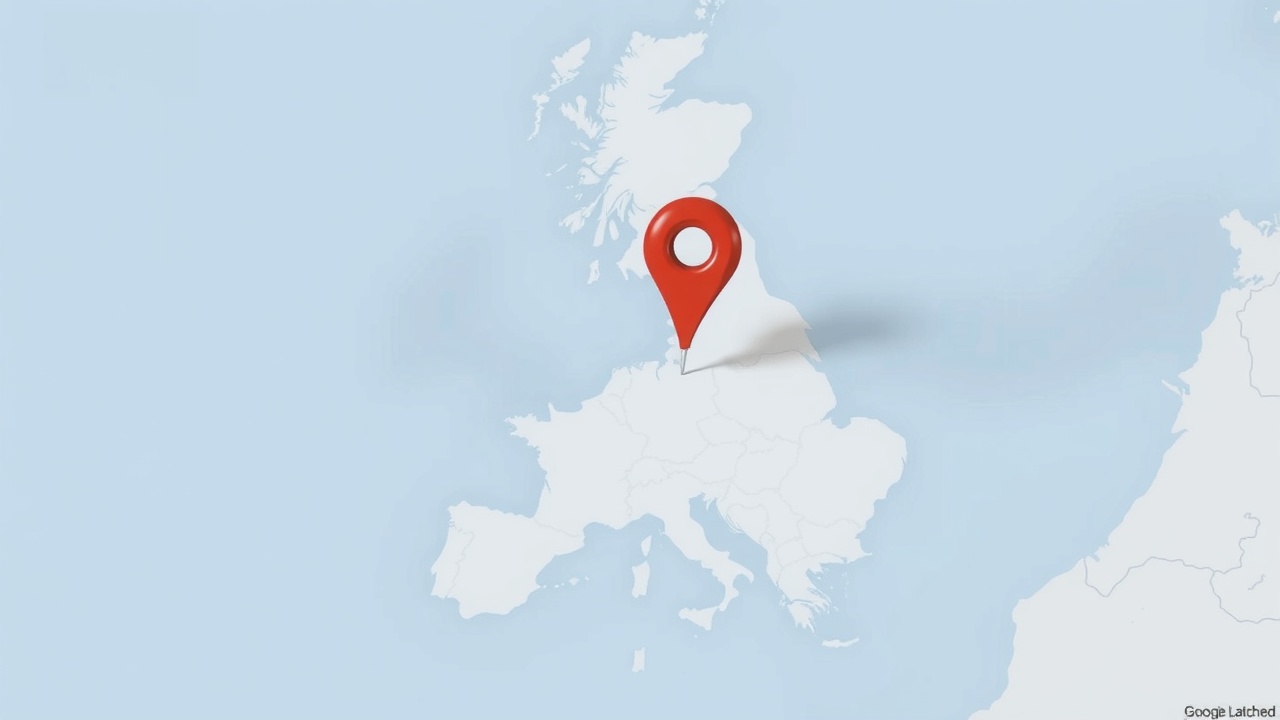
As inheritance tax changes impact businesses and farms nationwide next year, job losses and reductions to investment plans are imminent
According to new research, the government's decision to alter inheritance tax laws will have an impact on every region of the UK and every economic sector, but certain industries and areas will be more severely impacted than others.
Business property relief (BPR) and agricultural property relief (APR) will only be eligible for full 100% inheritance tax relief on the first one million dollars of combined business and agricultural property as of April 6, 2026. Assets that surpass this limit will only be partially relieved.
According to the lobby group Family Business UK, which polled 4,000 frontline businesses and farmers, up to 60% of them stated they would reduce investment in their companies in order to pay an impending IHT bill, which would result in a large loss of jobs.
The largest job losses (-10 percent) will occur in parts of Scotland, the North West, and the North East of England, while investment is expected to decline most in Yorkshire and the Humber (-17 percent) and the East of England (-17 percent) for family businesses impacted by the switch to BPR.
Businesses and farms affected by APR changes should expect the biggest reductions in investment in Northern Ireland, the Midlands, and the North East of England (each -17 percent), while headcount could be lowered by 10 to 12 percent in the North West and North East of England.
Because of the anticipated steep declines in employment and gross value added (GVA), a gauge of economic contribution as a percentage of local economies, parts of Cornwall and Aberdeenshire may be the most severely affected by the changes.
St Austell and Newquay, North Cornwall, South East Cornwall, St Ives, Cambourne, and Redruth are five of the ten parliamentary constituencies in Cornwall that could be most negatively impacted by job losses.
According to Neil Davy, CEO of Family Business UK, "This new research demonstrates the immediate and wide-ranging effects of these policy changes. None of the regions, industries, sectors, or parliamentary constituencies will be exempt.
According to this research, alterations to BPR and APR will have the exact opposite effect from the government's efforts to stimulate regional growth and open up opportunities in all economic sectors.
APR and BPR inheritance tax changes' effects.
Following the policy's announcement in the Autumn Budget, some family business owners have already responded by implementing cost-cutting measures to offset an impending increase in their IHT bill.
About a quarter (23 percent) have cut back on staff. According to the research, by the end of this Parliament, the changes may result in the loss of 208,500 jobs nationwide from family businesses and their supply chains.
One in five family businesses are thinking about downsizing under both BPR and APR, and up to 12 percent are thinking about selling. Business restructuring is a major concern.
With 15% of BPR and 12% of APR changes affecting businesses, they have also reduced community support by reducing charitable contributions and community involvement.
According to Family Business UK, adjustments to BPR and APR could result in a net fiscal loss of 1 point 87 billion for the government and a 14 point 86 billion decrease in economic activity (GVA), which is nearly equal to the value of UK auto manufacturing (15 point 7 billion GVA).
"Family business owners in the construction, services, manufacturing, tourism, transportation, agriculture, and horticulture sectors are reacting to the BPR and APR changes by dismantling long-term plans to invest in their companies, their workforce, and the communities where they are located," Davy stated.
"Family business owners have been constructing Britain for generations within our diverse and quickly evolving economy. The government needs to reevaluate these policy changes immediately if they intend to carry on in the future.
We have reached out to the Treasury for comment.














Leave a comment on: Inheritance tax changes will have the greatest impact on family businesses in the UK